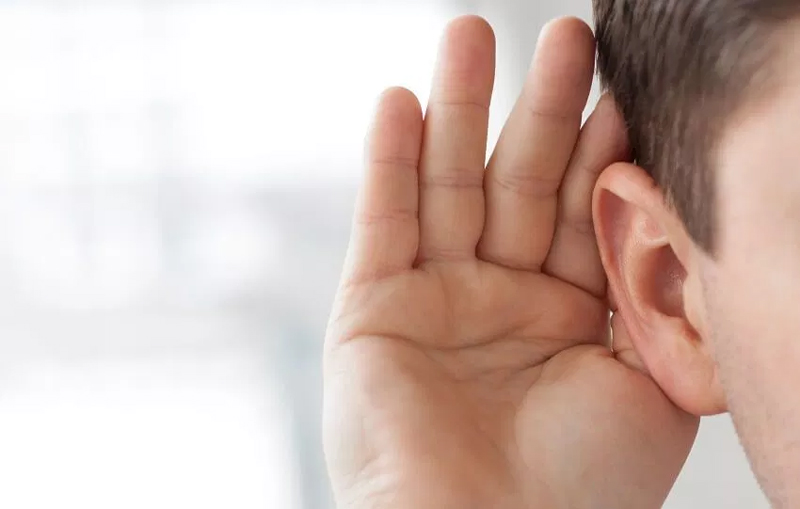
But Beethoven wasn’t the only celebrities whose hearing loss became a trade. Bruce Willis, a man of countless action films, is reported to have partially loss hearing in one ear following a gun stunt on set. His notorious aloof attitude in interviews is the direct result of his handicap. Ultimately, Bruce Willis doesn’t ignore questions on purpose; he does so only when he can’t hear the question.
It can seem odd that over 200 years after Beethoven’s first records of hearing loss, more and more people struggle with similar issues. Hasn’t science given us weapons to protect our hearing?

A worrying future
Beethoven was only one of many people struggling with hearing loss. In fact, there are currently almost half a billion people worldwide with hearing disabilities. By 2050, experts estimate that over 900 million individuals will suffer from hearing impairment. If this teaches us anything, it’s that hearing loss is not going anywhere. On the contrary, it’s becoming a recurring issue for many adults and children. Unfortunately, the lack of specialist training, such as ENT training for general practitioners and nurses, can severely increase the risk of hearing disorders going unnoticed or misdiagnosed. There is no way around it; if doctors want to tackle hearing loss, they need to make it part of regular checks for their patients.Bad habits are often In cause
You might think you are looking after your ears because you’ve got a pack of cotton swabs in your bathroom cabinet, but in reality, you couldn’t be further from the truth. Did you know that digging into your ears is the last thing you should be doing? Indeed, instead of removing ear wax, the gesture tends to push it further into the canal, which can lead to pain and infections. Additionally, our hygiene habits put hearing at risk, from homemade ear-piercings to failing to look after your hearing aids. Ultimately, hearing loss is often self-inflicted.Can you train your brain to hear better?
Learning more about how to look after your ears plays a significant role in maintaining your hearing abilities. But you can also train your brain to distinguish and analyse sounds better, through music. Indeed, playing music is good for your brain, as it improves your mental abilities. l Additionally, musicians train their ears to isolate sounds in a loud background, which encourages the brain to stay sharp about hearing.There is no way to reverse hearing loss for now. However, we have the technology to support damaged ears. Unfortunately, when it comes to the prevention of damages, it’s a matter of self-care that is too often misunderstood. As an individual, you need to take the issue into your own hands, from hygiene to training and healthcare.
























